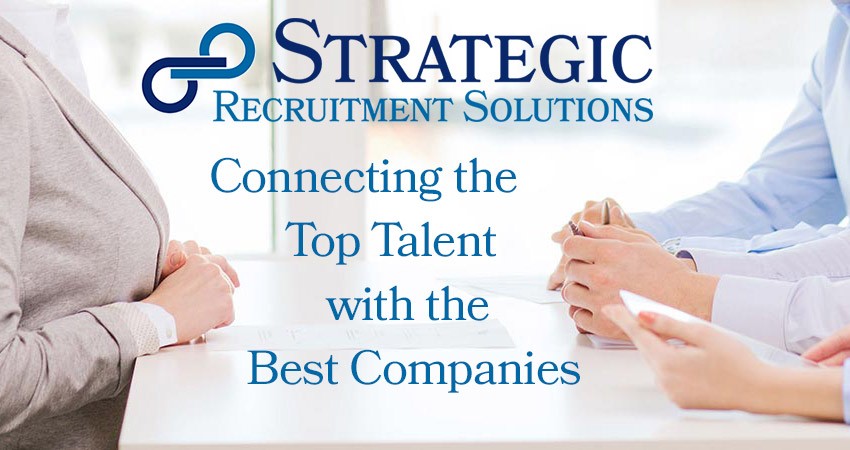
SRS Articles
Real-world insight from industry experts. Our expert recruiters share their expertise and practical knowledge with you. Subscribe now and get regular updates via email.
Subscribe to our newsletter


GHOSTING DURING HIRING: WHAT YOU NEED TO KNOW
April 15, 2023

WHY A CULTURE OF GRATITUDE IS SO IMPORTANT IN THE WORKPLACE
January 15, 2023

EQUALITY VS. EQUITY: WHAT’S THE DIFFERENCE?
December 5, 2022

HOW EMPLOYERS CAN NAVIGATE AROUND “THE GREAT RESIGNATION”
March 15, 2022

FIVE SPECIFIC QUESTIONS TO ASK DURING YOUR LAW FIRM INTERVIEW
February 15, 2021

LOOKING FOR A JOB IN 2021? READ THIS!
January 25, 2021

HOW TO ANSWER ILLEGAL OR INAPPROPRIATE INTERVIEW QUESTIONS
October 30, 2020


SRS OFFERS NEW LOCATION IN BATON ROUGE
December 6, 2019
THANKS TO YOU, SRS CONTINUES TO GROW
October 15, 2019
Subscribe to our newsletter
© 2024 Strategic Recruitment Solutions | Privacy
Website By: Ali`i Marketing By Design
This site is protected by reCAPTCHA and the Google Privacy Policy and Terms of Service apply.
All other regions not listed, contact Amy at (504) 261-1611
Headquarters
1555 Poydras Street, Suite 440
New Orleans, LA 70112
888-366-6508
© 2024 Strategic Recruitment Solutions | Privacy
Website By: Ali`i Marketing By Design